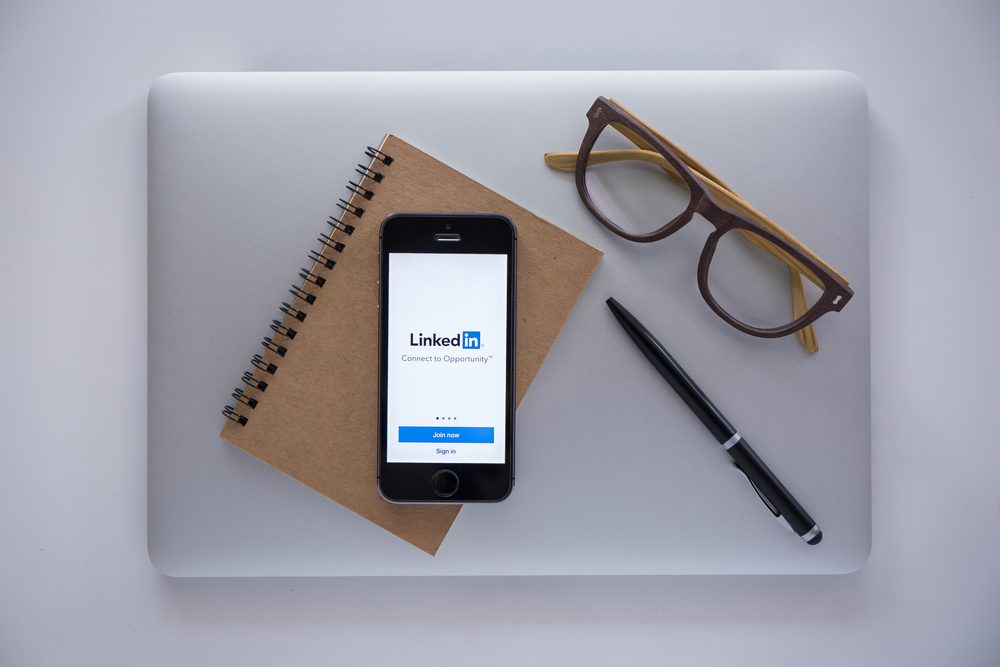Two months ago, Delta Air Lines took its $100 million advertising account away from the agency that had sold it a campaign built around the slogan “On top of the world.”
The stated reason for the account being in review: The campaign was confusing.
Gee, Delta, what took you so long?
If the moguls at Delta had joined the rest of us nonplused viewers on the receiving end of the television screen, they’d have reached their conclusion far earlier. According to The Wall Street Journal, Delta eventually concluded that people exposed to the “On top of the world” message thought it meant that Delta, not its passengers, enjoyed that supreme spot.
This deterioration in advertising and the resulting switch in agencies had (regrettably) nothing to do with Delta’s deteriorating service. That facet of Delta’s operation doesn’t relate to confusion; there’s nothing confusing about schlocky service. And I’m told Delta is trying to improve the embarrassing in-flight service in its “Business Elite” section on international flights and is making a minor comeback in on-time arrivals. Good for you, fellas. Let me know when it happens.
But think back to “Delta is ready when you are” and “We love to fly, and it shows.” Both slogans meant absolutely nothing, but never did the airline say to its agencies of the moment, “Hey, guys, why can’t we advertise the way Papa John’s Pizza does?” I guess that’s because Papa John’s didn’t exist then. Or maybe a straightforward pitch wouldn’t have enhanced a sample reel.
But certainly some of the long-memory geezers remembered campaigns of both form and substance – “How are you fixed for blades?”; “What’ll you have? Pabst Blue Ribbon”; “Breakfast of champions”; “Pepsi-Cola hits the spot. Twelve full ounces, that’s a lot”; or for that matter, “They laughed when I sat down at the piano.”
Delta’s advertising typifies a finde-siecle attitude toward communications that an annoyingly large number of agencies and marketing departments seem to share: Advertising messages are designed to give emotional satisfaction to the people paying for the ads, not the people who are supposed to be influenced by them.
Now here comes 7Up. Everybody but the company and its agency has pretty much ignored the campaign evidently born of 90-IQ desperation – “Are you an Un?” The new campaign is “Make 7Up Yours”…with emphasis on the “Up yours.” Same to you, guys.
Here is Burger King, with its checkered advertising history and mid-nine-figure ad budget. After seven weeks of a sophomoric humor-based campaign themed “When you have it your way, it just tastes better,” the CEO said that franchisee dissatisfaction and his own led him to scrap the campaign in favor of TV commercials that are “relevant and likable.”
Now hold it, Burger King: Couldn’t you have come to that conclusion before running those irrelevant, unlikable spots? You had an opportunity to crack the McDonald’s stranglehold on fast food, because they were sticking with “Did somebody say McDonald’s?” (Uh…nobody did, not that I know of.)
One reason I love direct marketing is that we can’t BS our way into getting and holding an account. Our stuff pulls response or it doesn’t. If you don’t agree this is the best way to keep score, let’s be competitors.
With online competition making a hash of “image” advertising in print and broadcast, we’d better be aware of the hard reality of competitors who are ready to slit our throats without even knowing or caring who we are. And we’d better have our own rhetorical and media knives sharpened for the battle.
So here comes a bunch of computer retailers, adding to the confusion. Big headlines tell us we can save $400 “after mail-in rebate” or get the whole shebang free…if we sign up with CompuServe for three years. We can get a DirecTVsystem with $100 worth of free pay-per-view programming…if we subscribe to “Total Choice” programming for $29.99 per month. We can get 12 free DVD rentals with the purchase of a DVD player…if it’s an Internet order by Netflix customers, whatever those are. We can earn airline miles by charging purchases to a Visa “Platinum” card….if we pay an annual fee and accept such restrictions as inability to combine these miles with regular airline frequency programs and are willing to wait until we’ve accumulated 75,000 of these miles to qualify for a coach seat (ugh) to Asia, with a maximum ticket value of $1,500.
Here’s a cellular/wireless ad. I can get “500 Anytime Minutes” for $54.99 a month. “Includes all domestic long distance.” Uh-oh. There’s the expected asterisk. Here are just the first few words in an 11-line disclaimer that appears in type no bigger than 3 points: “*Charges for long distance, additional minutes, roaming, taxes and fees may apply.” Now I understand additional minutes and taxes, but hey, how can it “include all domestic long distance” and then say that charges for long distance “may apply”? That word “may” appears elsewhere in the deadly 11 lines. Example: “Offer may vary. Some conditions apply.” Then I see “Free first minute on calls received may not include long distance.”
What is their intention? Are they hoping people will sign up blindly, not questioning all those conditions? Guess what? I may not sign up for a deal like this, whose obfuscation stinks.
What the hell is going on? Are we degenerating into a “carny” atmosphere in which marketers are structuring messages intended for loose interpretation or misinterpretation? Are we back to Elephant Man and Jo-Jo, the Dog-Faced Boy? Get ’em in the tent. We’ll either worry later or we won’t.
Could be…because on it goes.
So my ultimate question – and undoubtedly that posed by those whose gullibility and exploitability factors are gradually sinking to zero – is: Are the advertisers confusing us deliberately or accidentally? Are they super-shrewd or just poor communicators?
Whichever applies, the Pandora’s box of advertising evils is wide open. Will hope, the last inhabitant of the box, escape and compete? Sad as it may be, the answer seems to lie in the hands of practitioners for whose own communicative competency and integrity we can only…hope.



